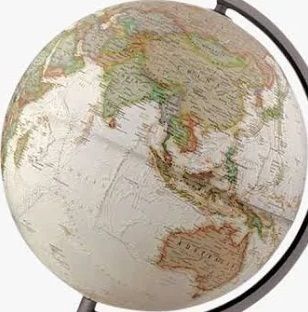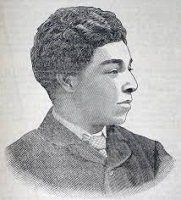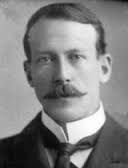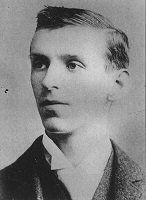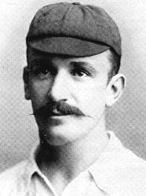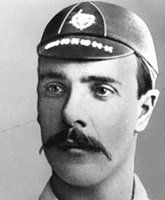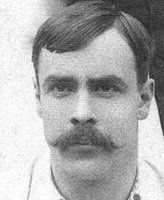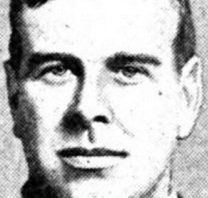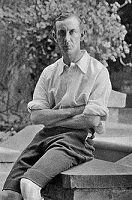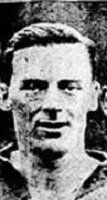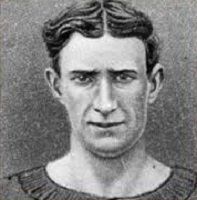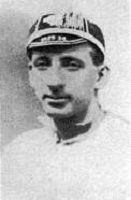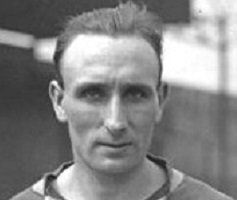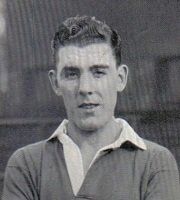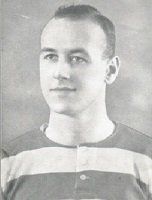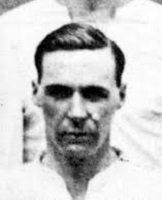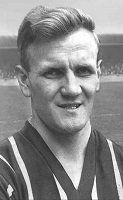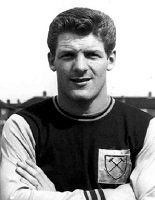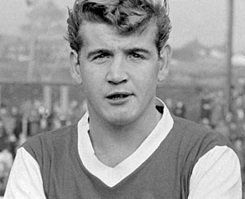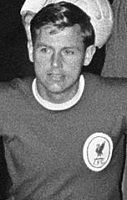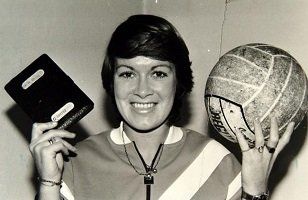Bob Ferrier
He still holds the record for the most appearances in the Scottish Football League, in which he is also one of the top ten scorers. He appeared in a Scottish League XI no less that seven times, scoring five times. He was the son of a Scottish professional, also Bob Ferrier, who was born in Dumbarton, an inside-forward. He played youth football at Petershill, as a left-winger made 626 league appearance for Motherwell, scoring 255 times. He was a one-club man, a club he captained and led the the 1931-32 league title. In 1928 he had even led the team on a South American tour playing two games at the beautiful Fluminense Stadium in Rio de Janeiro. My grandfather could well have been their to watch him. Yet there was naer a cap.
And the reason is simple. Having between the ages of seventeen and twenty, perhaps nineteen and twenty-two depending on what birth date you believe, made twenty appearances for his home-town club his father made the move south, spending the next twelve years in the employ of Sheffield Wednesday. And part of the reason is that there he met a local girl, Bessie Headley, and in 1899 they married and that same year their son was born in the city and was as far as the footballing authorities were concerned English.
But on retiring the Ferrier family moved to Motherwell. Bob Ferrier senior died there in 1947. His son learned his football there. He spoke with the accent. And after football Bob junior post-war managed first Airdrieonians and then until 1948 Ayr United, whilst having married in 1922 and returned to live in Dumbarton, where at the age of 71 he died.
